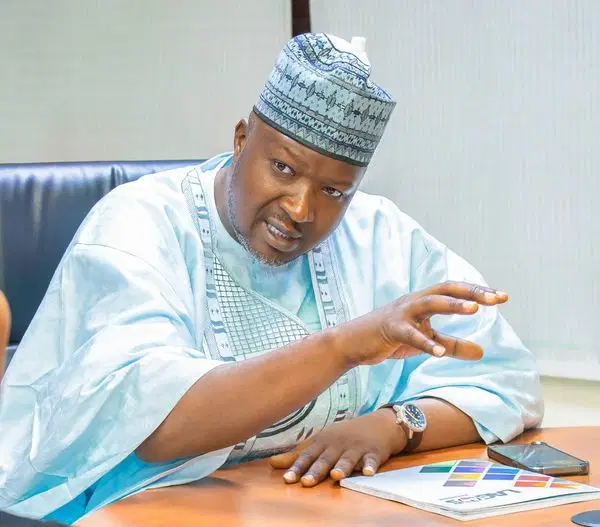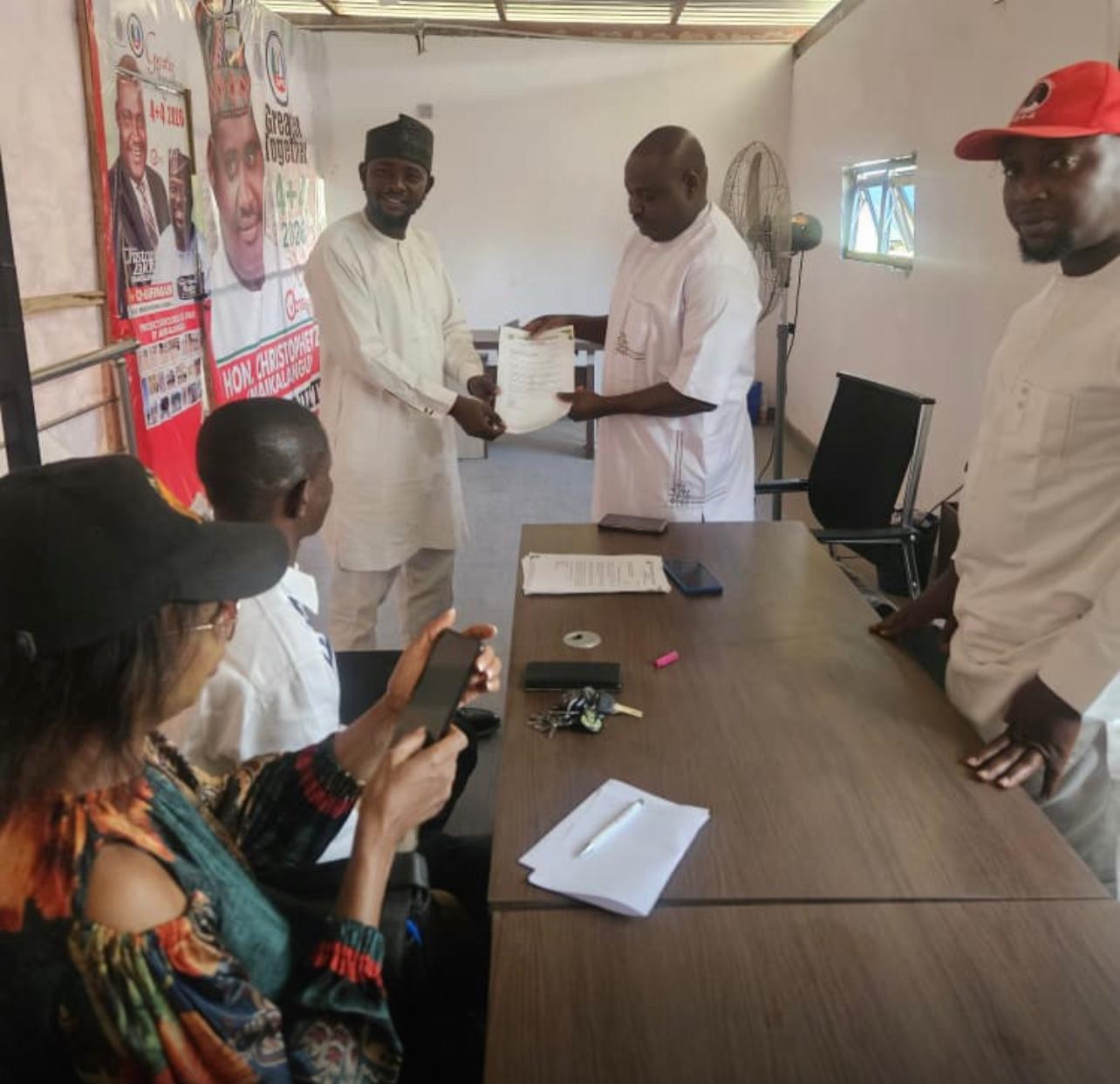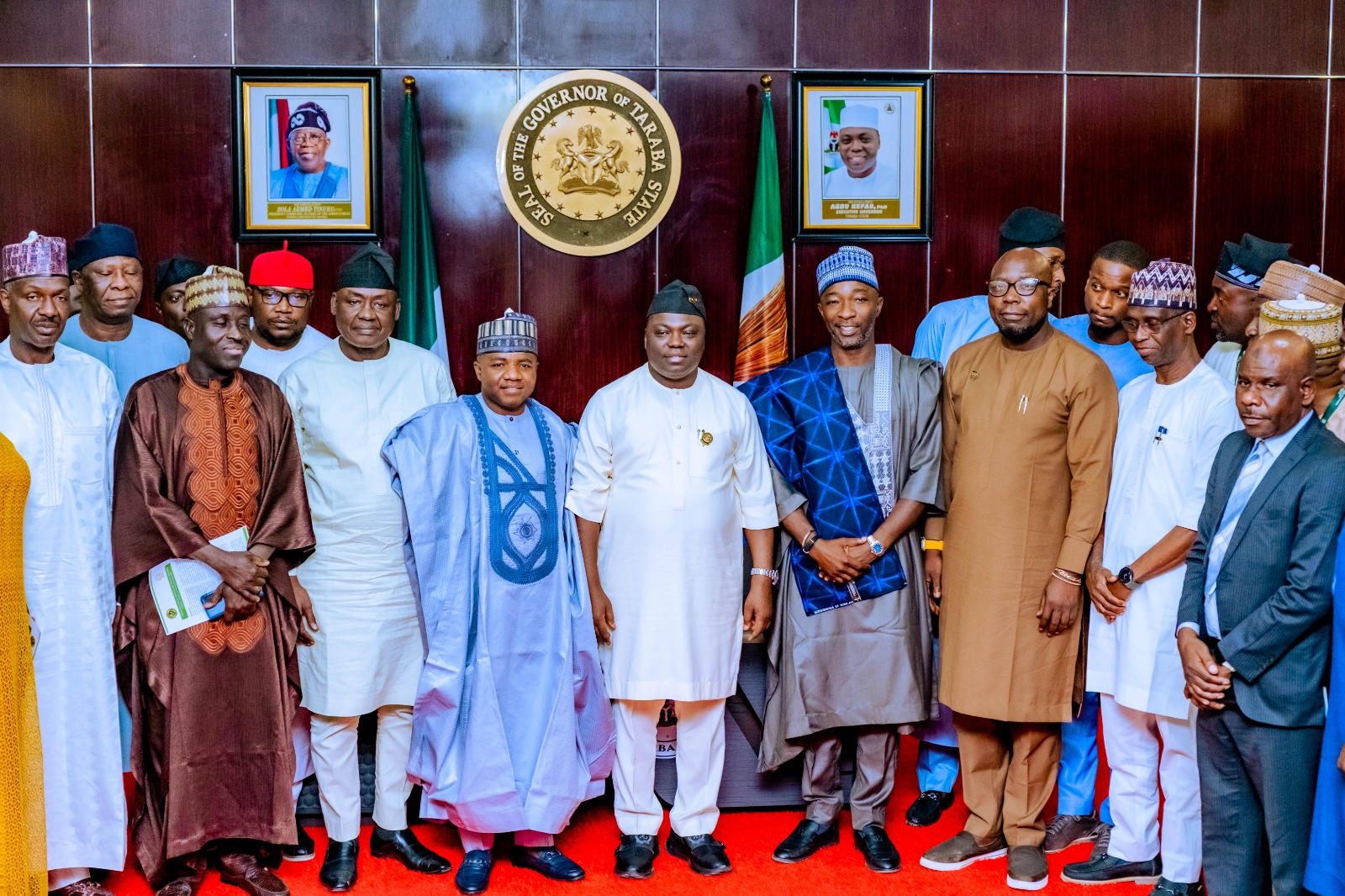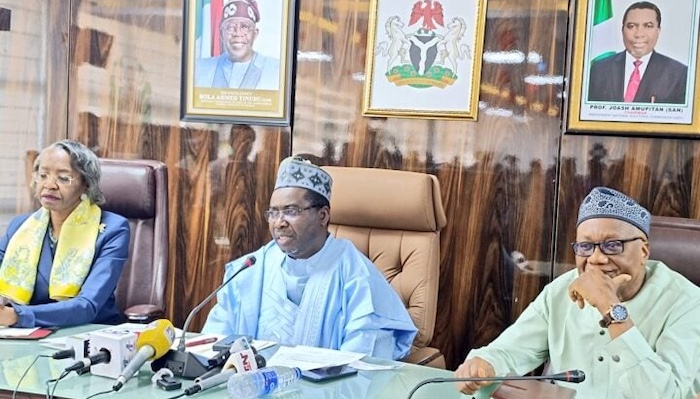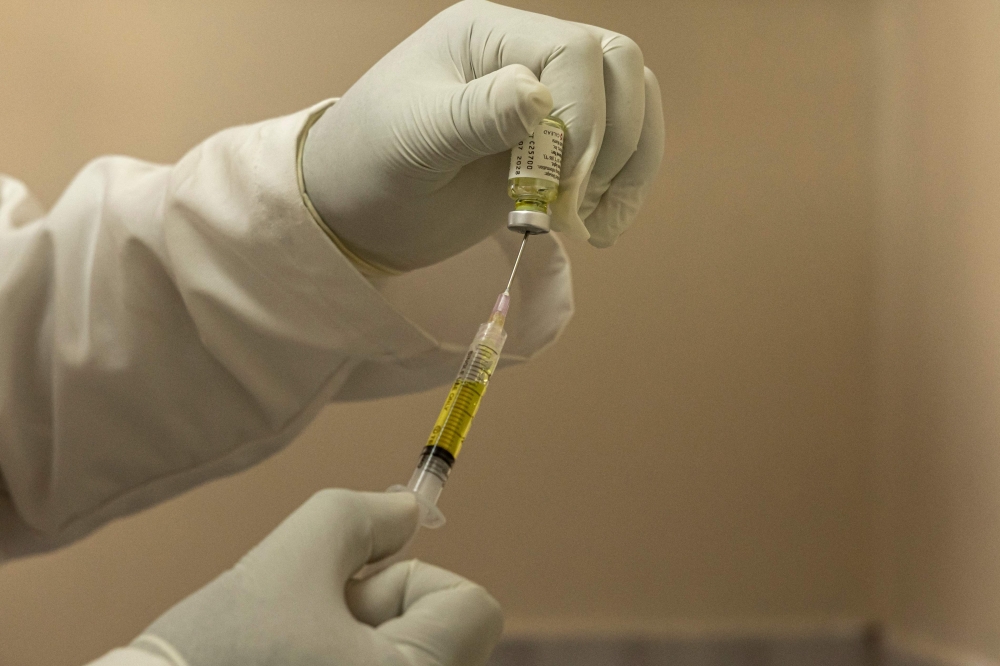National News
Nigeria’s Debt Servicing hits N13.12tn in 2024, surpasses Budget, rises by 68%
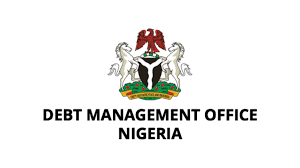
The Federal Government spent a total of N13.12 trillion on debt servicing in 2024, representing a sharp 68% increase from N7.8 trillion recorded in the previous year, according to data obtained from the Debt Management Office (DMO).
This figure exceeded the N12.3 trillion initially budgeted for debt servicing in 2024, highlighting mounting pressure on Nigeria’s fiscal framework amidst rising borrowing costs and weakening naira.
In anticipation of continued debt obligations, the 2025 national budget has earmarked N16 trillion for debt servicing, a move analysts say reflects the government’s acknowledgement of the growing debt burden.
Breakdown of Debt Servicing in 2024
The domestic component of the debt servicing stood at N5.97 trillion, up from N5.23 trillion in 2023 — an increase of 14.15%. This rise is attributed to increased local borrowing and elevated interest rates.
For external debt, the nation paid $4.66 billion, approximately N7.15 trillion (at an exchange rate of N1,535.32/$1), marking a dramatic 167% increase from N2.57 trillion in 2023. This jump reflects the impact of global interest rate hikes and significant naira depreciation, which have made servicing dollar-denominated debts more expensive.
Domestic Debt Profile
Nigeria’s domestic debt service rose by 36.27%, moving from N4.38 trillion in 2023 to N5.97 trillion in 2024 — a difference of N1.59 trillion.
Federal Government Bonds took the largest chunk, amounting to N4.69 trillion, or 78.59% of the total domestic debt service, up from N3.66 trillion in 2023.
Nigeria Treasury Bills contributed N747.15 billion, more than doubling from N326.12 billion in the previous year — an increase of 129%. Other instruments like the Federal Government Savings Bonds and FGN SUKUK Bonds accounted for N6.38 billion and N158.43 billion, respectively, while Green Bonds remained stable at N2.18 billion.
Promissory note principal repayments slightly dipped by 4.08%, from N277.16 billion in 2023 to N265.86 billion in 2024.
External Debt Payments Surge
Nigeria’s external debt service payments increased from $3.50 billion in 2023 to $4.66 billion in 2024, representing a 33% year-on-year increase.
Commercial creditors received the largest share, with $1.47 billion — of which $1.15 billion went to Eurobond holders. Multilateral creditors such as the International Monetary Fund (IMF) and the World Bank received $2.62 billion, with the IMF alone collecting $1.63 billion.
Bilateral creditors were paid $570.67 million, with the Exim Bank of China receiving $362.60 million. Other bilateral payments included France’s AFD ($66.45 million) and Germany’s KfW ($35.91 million).
Subnational Debt Insights
Despite the national rise, external debt of Nigeria’s 36 states and the FCT dropped from $4.61 billion in 2023 to $4.80 billion in 2024 — a 4.12% decrease.
Lagos State retained its status as the most indebted subnational entity, though its debt dropped from $1.24 billion to $1.17 billion. Kaduna and Edo States followed, with Edo’s external debt notably increasing by 21.85% to $0.38 billion.
States like Jigawa, Yobe, Enugu, and Akwa Ibom recorded significant reductions in their external debt stock. However, Rivers State’s debt more than doubled, rising from $80.94 million to $199.58 million — a staggering 146.62% increase.
Government’s Response and Strategy
Despite these worrying figures, Vice President Kashim Shettima has reassured Nigerians that the Federal Government is borrowing less and shifting towards a more sustainable fiscal model.
Speaking at an event organized by the Association of National Accountants of Nigeria and the Chartered Institute of Taxation, Shettima — represented by Dr. Tope Fasua, Special Adviser on Economic Affairs — said the government was focused on reducing deficits and exploring non-debt financing models.
“The Coordinating Minister of the Economy, Mr. Wale Edun, recently confirmed that Nigeria is looking at reducing the debt burden in a structured fashion,” Fasua said.
Shettima also revealed that over 15 states have pledged not to borrow in funding their 2025 budgets, opting instead for internally generated revenue and other sustainable financing options.
He noted that reforms initiated under President Bola Tinubu have begun yielding results, with stronger budget controls, reduced waste, and more emphasis on productive investments.
“We are moving away from low-value, unproductive borrowings,” he said, adding that the 2025 budget deficit of N13 trillion — about 23.6% of the N55 trillion national budget — is the lowest in years.
The Vice President expressed optimism that continued reforms would lead to macroeconomic stability, reduced poverty, lower inflation, and robust industrial growth.
-

 News2 days ago
News2 days agoDSS arrests suspected ISWAP Commander linked to Owo Church massacre
-

 News2 days ago
News2 days agoFCT Poll: INEC explains disputed result at Kwali voting centre
-

 News1 day ago
News1 day agoActing IGP Tunji Disu arrives at Presidential Villa for official decoration
-
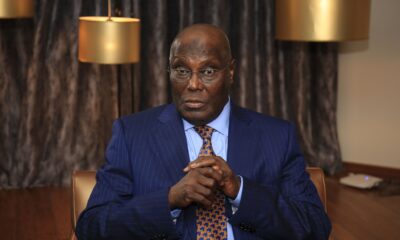
 News2 days ago
News2 days agoAtiku condemns attack on Obi, Oyegun, others, warns against political violence
-

 News2 days ago
News2 days agoEx-NRC MD Edetanle remanded over alleged N165m, $385,000 fraud
-

 Entertainment1 day ago
Entertainment1 day agoVeteran actor Okemesi passes away following health struggles
-
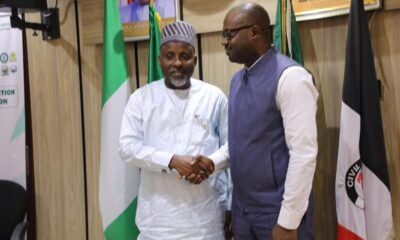
 News1 day ago
News1 day agoInterior Minister Tunji-Ojo reaffirms collaboration with NUJ to enhance transparency
-
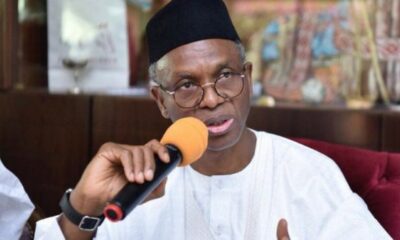
 News2 days ago
News2 days agoCourt adjourns El-Rufai’s arraignment to April 23

